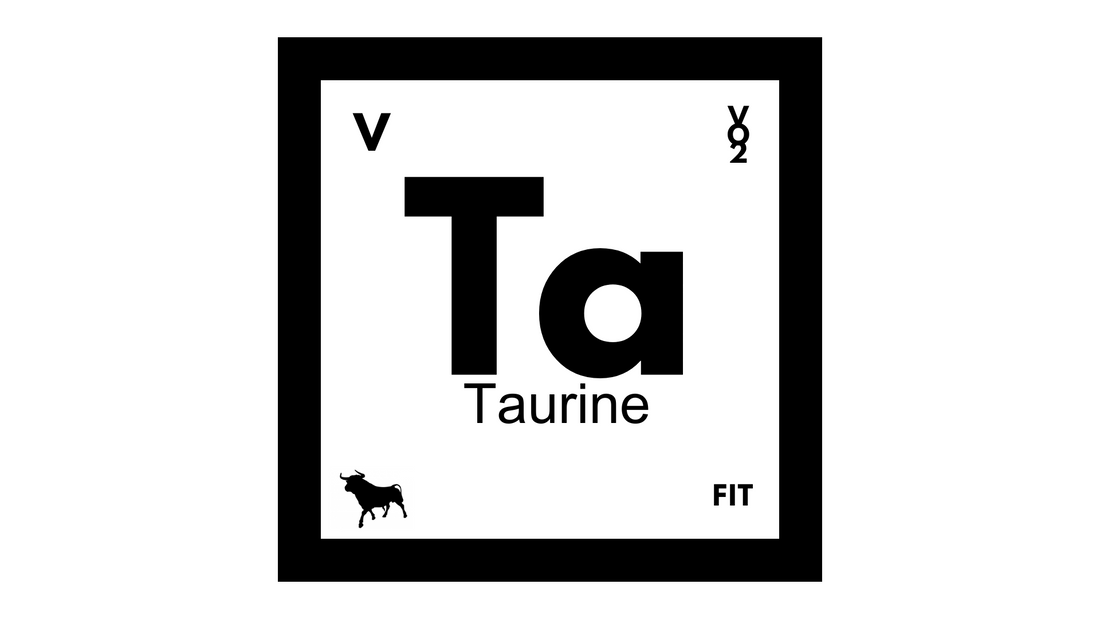Taurine, a naturally occurring amino acid found in various foods and the human body, has become a subject of interest in the realm of sports nutrition and weight management. Its role in enhancing athletic performance, particularly in endurance and high-intensity activities, as well as its potential effects on weight loss, makes it a supplement worth exploring in depth. This detailed article aims to provide an overview of taurine, focusing on different dosages, their outcomes, its ergogenic effects, and its influence on weight management.
Unpacking Taurine: A Versatile Amino Acid
Taurine is a sulfur-containing amino acid that differs from others in its inability to form proteins. Instead, it plays crucial roles in bile salt formation, eye health, cardiac function, and the development and function of skeletal muscle and the central nervous system. It’s also noted for its antioxidant properties.
The Ergogenic Effects of Taurine: Enhancing Athletic Performance
The term 'ergogenic' refers to performance-enhancing, and taurine has been studied extensively for these properties. Here's how different dosages of taurine impact athletic performance:
- Low-Dose Taurine Supplementation (1-2 grams/day): Studies have shown that even low doses of taurine can significantly improve endurance performance. This dosage can lead to better aerobic performance and delay the onset of fatigue. It's particularly beneficial for endurance athletes like marathon runners or long-distance cyclists【9†source】.
- Moderate-Dose Taurine Supplementation (3-4 grams/day): At moderate doses, taurine has been linked to improvements in short-term, high-intensity exercise performance. This dosage is thought to enhance anaerobic performance, critical for sports requiring short bursts of energy like sprinting or weightlifting【10†source】.
- High-Dose Taurine Supplementation (5-6 grams/day): Higher doses of taurine are often used in studies focusing on muscle recovery and reduction of muscle damage post-exercise. This dosage is crucial for athletes involved in intense training regimes, as it aids in faster recovery and reduces the risk of injury【10†source】.
Taurine's potential in aiding weight loss and management is a topic of growing interest. Here’s how it contributes to weight management:
- Enhancing Fat Metabolism: Taurine plays a role in the metabolism of fats. It's believed to aid in the process of fat oxidation, which is crucial for reducing body fat levels. This property makes taurine a valuable supplement for those looking to manage their weight or reduce body fat percentage.
- Appetite Regulation: Some studies suggest that taurine can influence mechanisms related to appetite control. By potentially regulating hunger and satiety signals, taurine could help in maintaining a healthy diet and preventing overeating.
- Impact on Insulin Sensitivity: Taurine might improve insulin sensitivity and help in managing blood sugar levels. This is particularly beneficial for individuals looking to manage their weight, as improved insulin sensitivity can lead to better control over food cravings and overall energy balance.
Taurine emerges as a highly versatile supplement, offering a range of benefits from enhancing athletic performance across various disciplines to potentially aiding in weight management. Its ability to function at different dosages allows for tailored supplementation strategies, catering to the specific needs of athletes and individuals focused on weight management. As with any supplement, it is crucial to approach taurine intake in the context of a balanced diet and overall health and fitness goals. Consulting with healthcare professionals can help optimize its use to achieve desired outcomes.
For a deeper dive into the specifics of each study and a more comprehensive understanding of taurine's role in sports nutrition and weight management, the original research articles and meta-analyses referenced provide extensive information and insights.
References
- "The Effects of an Oral Taurine Dose and Supplementation Period on Endurance Exercise Performance in Humans: A Meta-Analysis" - PubMed
- "The Effects of an Oral Taurine Dose and Supplementation Period on Endurance Exercise Performance in Humans: A Meta-Analysis" - ResearchGate
- "The effect of acute taurine ingestion on endurance performance and metabolism in well-trained cyclists." - PubMed
- "Taurine supplementation enhances anaerobic power in elite speed skaters: A double-blind, randomized, placebo-controlled, crossover study." - PubMed
As with any nutritional strategy, it’s advisable to consider individual health profiles and goals, and consulting with a nutritionist or healthcare provider can ensure safe and effective use of taurine.

